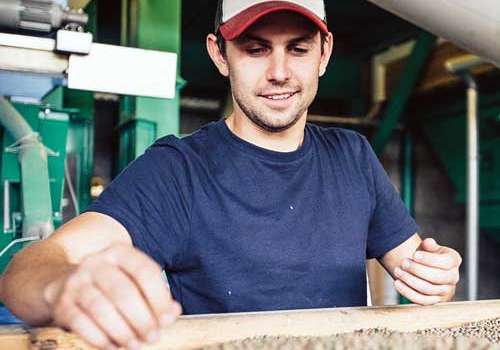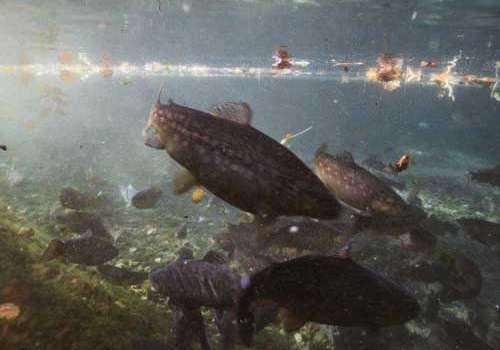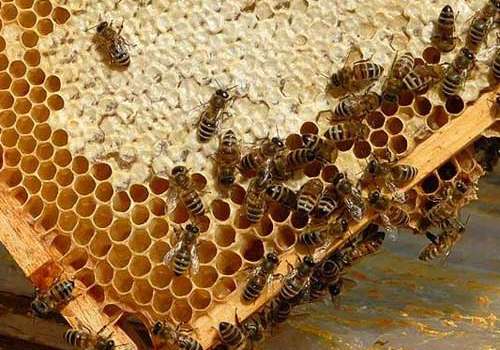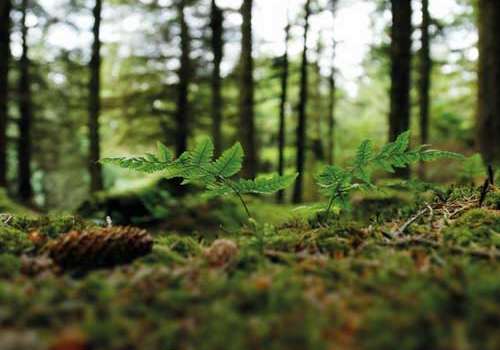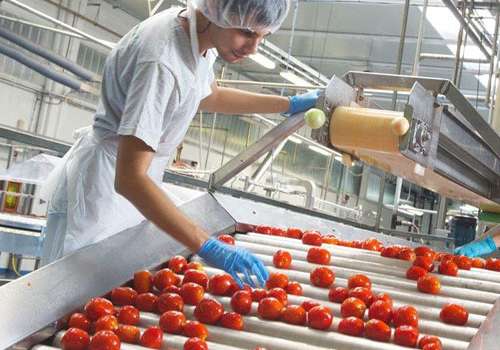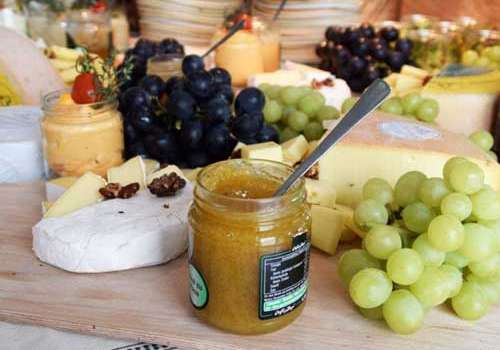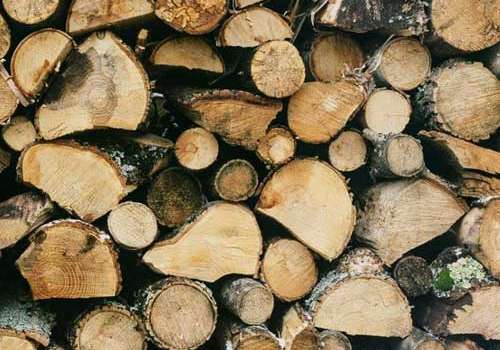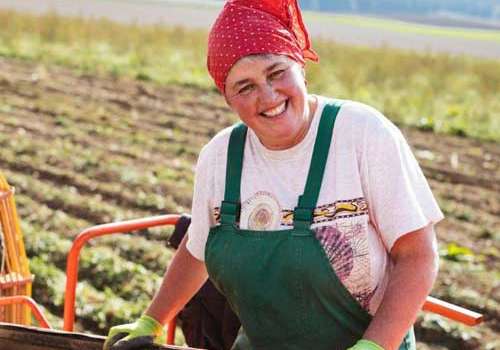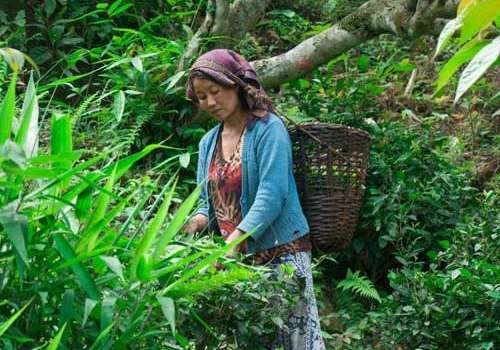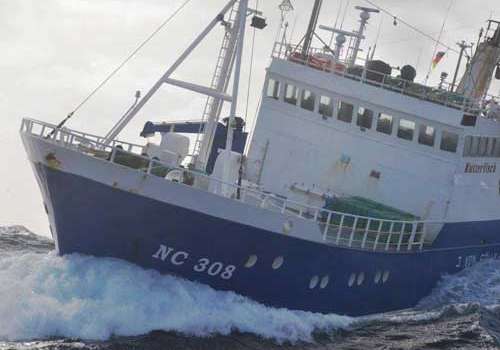Naturland
Standards
THE NATURLAND STANDARDS – OUR FOUNDATION FOR QUALITY ASSURANCE
At the heart of our work are the Naturland Standards and a wholistic approach to organic management.
Our standards are based on the principles of sustainable management. Organic farming in line with our Naturland Standards means to practice nature, climate and biodiversity protection. It means to preserve and maintain soils, air and water resources, as well as to ensure consumer protection.
The Naturland standards existed long before the first statutory regulations on organic farming were introduced by the EU. And we still create a significant impetus today by continuously developing the Naturland standards.
The Naturland standards go far beyond the legal minimum requirements for organic production in the EU. Some of our standards are not yet governed by the EU organic regulation at all, such as the standards on social responsibility, sustainable capture-fishery, insect breeding or organic forest management.
The Naturland standards are regularly updated, expanded and improved. All changes are scrutinised and discussed in detail and must be officially enacted by the Naturland decision-making body of the Assembly of Delegates.
All Naturland-certified farms and processors must provide evidence of an annual inspection for compliance with the Naturland requirements. This ensures the Naturland requirements are applied consistently to all Naturland farms worldwide.
Naturland currently publishes standards from the following areas:
What we stand for
Your Contact
Standard Comparison
Naturland's standards also cover areas which are not regulated in the EC regulation on organic production, such as the organic use of forests, the production of textiles and cosmetics, or social aspects via the social standards.
Here you can quickly and clearly find out about the most important differences between Naturland's standards and the requirements of the EC regulation on organic production:
© Header Image: zabanski/stock.adobe.de




